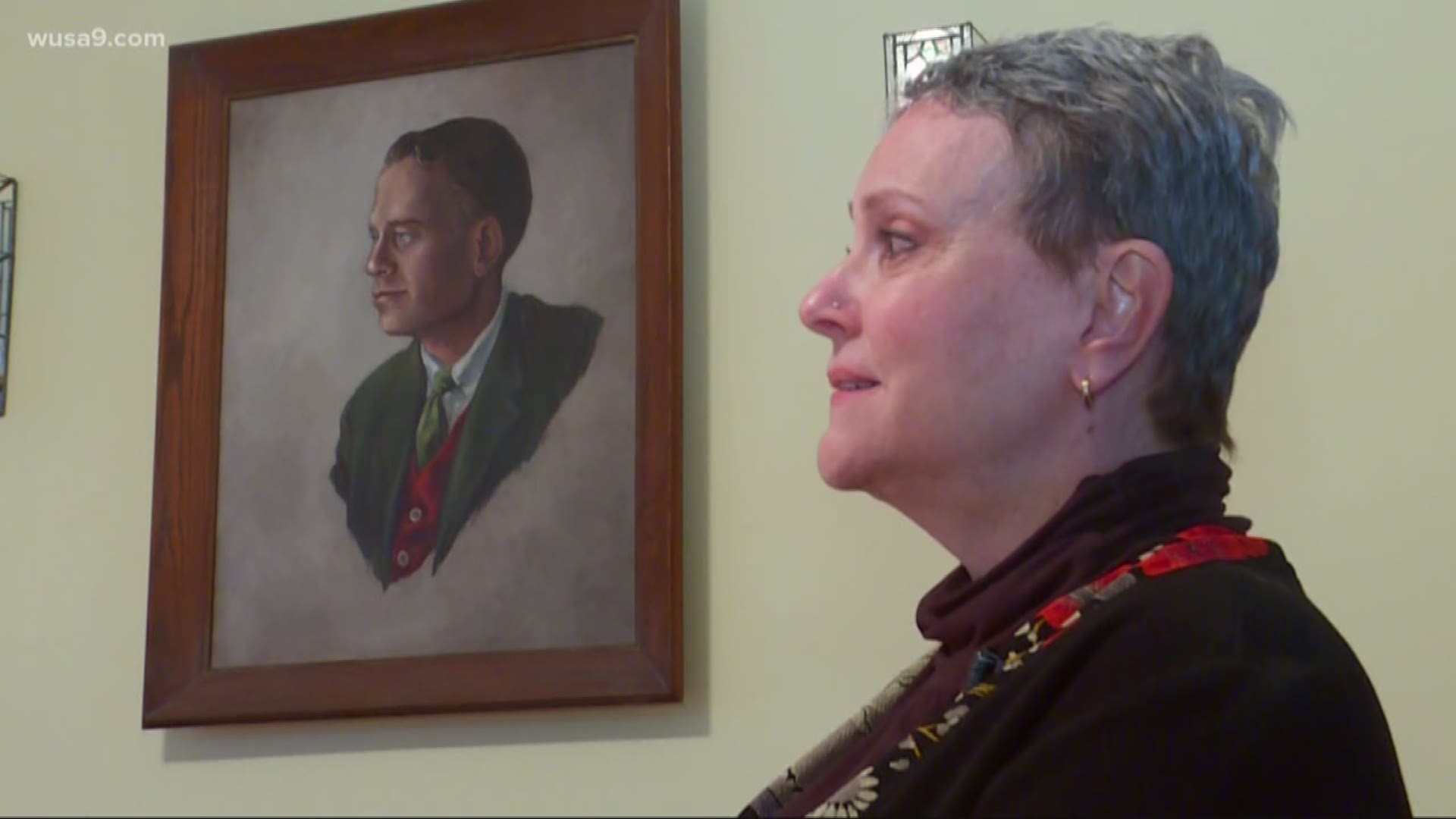WASHINGTON — Lawmakers in Annapolis are making another push to legalize an aid-in-dying proposal in Maryland.
The measure, called the "End of Life Option Act" would give mentally capable, terminally ill Maryland adults the ability to get a doctor's prescription for medicine to end their life while they are asleep.
While patients would receive consultation, diagnosis and prognosis from two physicians under the proposal, doctors would not be responsible for ultimately administering the drug. That task would be left to the patient.
Senator Will Smith and Delegate Shane Pendergrass, both of whom are Democrats, are the main sponsors of the proposal.
"There are a lot of protections built in," said Dr. Michael Strauss who supports Maryland House Bill 399 and Senate Bill 311.
While similar bills have failed several times in Annapolis, Strauss said he is optimistic the latest iteration will move forward due to changes in the legislative body and a renewed public interest in passing the proposal.
"It acknowledges those patients who, at the end of their lives are suffering," he said. "And, they are looking for an option. An option to end their lives as they see appropriate, when they see appropriate and with whom they like to.
The Maryland House of Delegates Health and Government Operations Committee will hold a hearing on the bill Friday at 1:30 p.m.
The bill has also found a supporter in Alexa Fraser.
The Maryland resident's father, Alex Fraser, died by suicide at age 90. Alexa Fraser said he attempted to take his life three times as he battled Parkinsons.
She said she wasn't surprised.
"He had made it known from my early age that he was going to end his life the way he wanted to," Fraser said.
She said she felt things could have been different for her father at the end of his life if Maryland had previously passed the "End of Life Option Act".
"We could have been with him," she said.
"The difference between walking away feeling fairly confident that he was going to exercise the autonomy that he had on that night and being able to be with him and hold his hand as he drifted asleep is enormous."
The bill has received push back from several fronts including some doctors.
Dr. Joseph Marine is an associate professor of medicine at Johns Hopkins University and a member of a coalition named "Maryland Against Physician Assisted Suicide". He said the bill places a burden on physicians who may not want to be involved in the process.
"We've recognized as a medical community, for 2,000 years, that we have to be healers and we can't be healers and killers at the same time," he said.
The Maryland Catholic Conference has also voiced opposition to the measure. It released the following statement when the bill was filed in Annapolis:
"The Maryland Catholic Conference is disappointed by the announcement by Oregon-based Compassion and Choices that it will again push to legalize the dangerous practice of physician-assisted suicide here in Maryland.
Our state has repeatedly rejected this group's agenda and with good reason: assisted-suicide threatens Maryland's most vulnerable, putting those with disabilities, the elderly, our veterans, and those battling Opioid addiction at grave risk. As Catholics we stand firm with our partners across the state to strongly oppose this proposal.
Recently, our Maryland Veterans Caucus announced that addressing mental health and preventing veteran's suicide are among its top priorities. Today, our state was asked to abandon those veterans who struggle with mental illness, and rather than expand services and help, to legalize physician-assisted suicide as an option. We call on members of the Maryland Veterans Caucus to stand with us, to recognize the danger that legalizing physician-assisted suicide poses to our veterans and other populations, and to defend our state against this practice.
It is impossible to legislate proper safeguards to protect Maryland from the dangers of legalized physician-assisted suicide. Nothing can ensure the large doses of lethal drugs don't end up in the wrong hands and undermine efforts to curb our prescription drug crisis. Nothing can ensure that those with disabilities are not coerced into taking their own lives. And nothing can ensure that our veterans and others who battle mental illness are not denied help in favor of a lethal prescription."
Strauss said he understands that some people may have a moral objection to the idea. However, he said that should not stop it from being an available option.
"It's a difficult issue, so their moral objections are fine and they do not have to participate in this program," he said. "Their moral objections should not have to force me to not want to do what I want to do."

